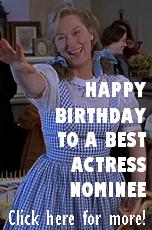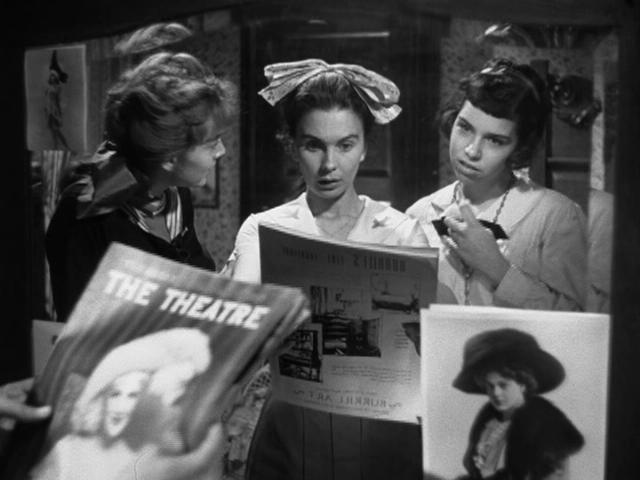

  | |
| Photo © 1953 Metro Goldwyn Mayer | |
| Academy Award Nominations: | |
| Best Costume Design (Black & White): Walter Plunkett | |
| Golden Globe Nominations and Winners: | |
| ★ | Best Actor (Drama): Spencer Tracy |
| Other Awards: | |
| National Board of Review: Best Actress (Simmons; also cited for The Robe and Young Bess) | |
| Permalink | Home | 1953 | ABC | Blog |